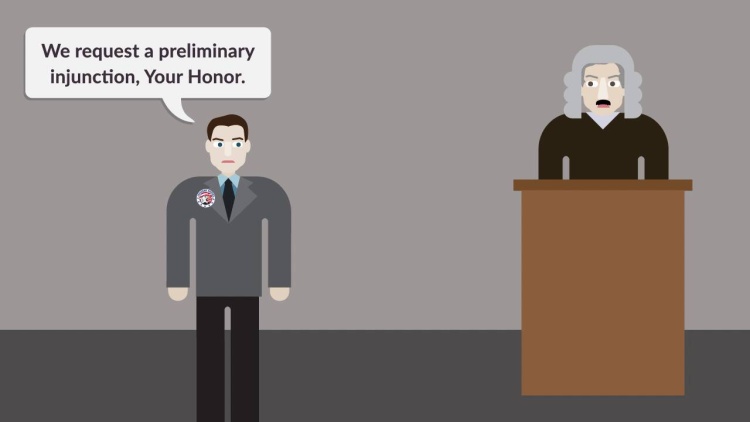Citizens United v. Federal Election Commission
United States Supreme Court
558 U.S. 310 (2010)
- Written by Megan Petersen, JD
Facts
Citizens United (plaintiff) was a nonprofit corporation that primarily accepted funds from private donations, with a small portion of its funds coming from for-profit corporations. In January 2008, Citizens United produced a documentary film that was essentially a negative advertisement urging viewers to vote against then-Senator Hillary Clinton in the 2008 Democratic primary election. Citizens United released the film in theaters and on DVD and began running advertisements about the film’s future release on video-on-demand. The film and advertisements amounted to “express advocacy” by Citizens United and thus raised concerns under § 441(b) of the Bipartisan Campaign Reform Act of 2002 (BCRA). Section 441(b) of the BCRA made it a felony for all corporations—including nonprofit advocacy corporations—either to expressly advocate the election or defeat of candidates or to broadcast electioneering communications within 30 days of a primary election or 60 days of a general election. Section 441(b) carved out an exception for political-action committees (PACs) in that it permitted the political speech of these groups even if the PACs were formed by corporations. Citizens United challenged the constitutionality of § 441(b) in federal district court against the Federal Election Commission (FEC) (defendant) on the ground that § 441(b) was an unconstitutional restriction of freedom of speech for corporations. The district court ruled for the FEC, and Citizens United appealed to the United States Supreme Court.
Rule of Law
Issue
Holding and Reasoning (Kennedy, J.)
Concurrence (Scalia, J.)
Dissent (Stevens, J.)
What to do next…
Here's why 909,000 law students have relied on our case briefs:
- Written by law professors and practitioners, not other law students. 47,100 briefs, keyed to 997 casebooks. Top-notch customer support.
- The right amount of information, includes the facts, issues, rule of law, holding and reasoning, and any concurrences and dissents.
- Access in your classes, works on your mobile and tablet. Massive library of related video lessons and high quality multiple-choice questions.
- Easy to use, uniform format for every case brief. Written in plain English, not in legalese. Our briefs summarize and simplify; they don’t just repeat the court’s language.





